We Don't Talk About College
by Lisa VanDamme
Years ago, I accompanied an 8th-grade student I had homeschooled as she visited prospective high schools. At one school, the director of admissions welcomed us and then proceeded to assault my student with the information that entry to college had become highly competitive, and she must therefore chart the right course through the right high school to stand even a chance of admission to the better colleges. She then proceeded to sell the school with the following: my student would need to take multiple AP courses—this school offered a wide variety; she would need to complete the IB program—they were honored to be a member school; she would need to be competitive in a sport and ambitious in an extra-curricular activity—they had many from which to choose. As the director mapped out all that my student must do (with the unquestioned assumption that admission to Harvard was her foremost educational goal), I looked over—and saw her wilt.
This was a child of whom I had endless vivid, touching stories from the classroom—stories of her gasping out loud when she was irrepressibly moved by a passage from Victor Hugo’s Ninety-Three; stories of her eagerly recreating science lessons at home with her parents as students; stories of her writing with ferocious confidence (though she had previously loathed writing), because, she said, I taught her how. Now, before both our eyes, education was becoming nothing about the development of invaluable, life-long skills, nothing about the discovery of joy and utility in the acquisition of knowledge, nothing about the deepening of a capacity for emotional experience. Admission to high school was about… admission to college, which was about…
The answer to that was nothing more than a vague, unstated apprehension of doom.
Many years later, I am the owner and director of a private K-8 school of 140 children in Aliso Viejo, CA. And eternally conscious of that visit to the high school and all the educational principles it implied, I am proud to say that I have a refrain here at VanDamme Academy: “We don’t talk about college.” We talk about how fascinating it is to be able to orient yourself using the stars in the sky, or to tell time with a shadow; we talk about what is truly miraculous about the climactic scene in “The Miracle Worker,” or how beautiful a metaphor the rebirth of the secret garden is for the reawakened souls of the children; we talk about how crucial it is to understand how the world fell into the Dark Ages and how it was spectacularly reborn. We don’t talk about college.
It is in this spirit that we at VanDamme Academy have started a speaker series of successful people in a variety of fields to talk about something else—their path to and passion for their careers.
The goals of the program are manifold. The first is to counter the emphasis by schools like the one visited by my student on college admission as the goal of the children’s studies. We will offer an alternative to the idea that out-competing in high school, gaining entry to the Ivy League, and securing one among the list of society-approved jobs is the path to a happy life.
Instead, through the personal stories of successful people (many of them parents at the school), we will emphasize the principles underlying their success. For example, students will see that a fulfilling career is rarely the object of a “grand plan.” My own “grand plan” was to teach philosophy at the college level, yet here I am the director of a private school, and I cannot imagine doing anything else. In his inspirational commencement address at Stanford, Steve Jobs said that there is always a path to your career, but that the path is only observable in retrospect. We also want the students to understand that neither is a career something that drops in your lap. Thomas Edison once said, “Opportunity is missed by most people because it is dressed in overalls and looks like work.” People who find those careers-they-didn’t-plan still work hard chasing and fulfilling opportunities as they present themselves. We want to stress the importance of pursuing your values with passion and energy as a means to your career end, even though you might not know what that end will be.
And finally, we want them to understand, deeply and personally, that school is neither a waiting room for adulthood, nor vocational training, nor some sort of trial-by-ordeal. School is a place where they can delight in the development of the knowledge, sophistication of skills, awareness of opportunities, appreciation of achievements, depth of values, and virtues of character that will enable them to enjoy a fulfilling career and a beautiful life.
The goal of education is not résumé-building for college admission, nor is it “preparation for college and career” in the pragmatic, “good-of-society” sense that the new Common Core Standards would have us believe. The goal of education is, in the beautiful words of the very educated John Adams, “to elevate the minds of our children and exalt their courage; to accelerate and animate their industry and activity; to excite in them an habitual contempt of meanness, abhorrence of injustice and inhumanity, and an ambition to excel in every capacity, faculty, and virtue.” In every subtle facet of child-rearing and education, it is crucial that we preserve—or reinstate—this as the goal.


